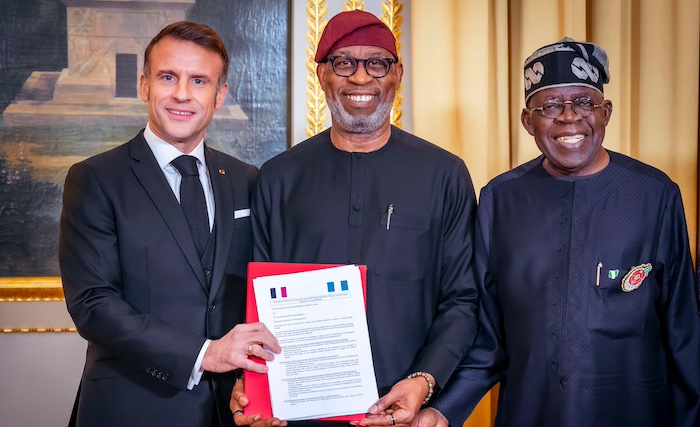Nigeria’s latest Eurobond offering, which was oversubscribed at $9.1 billion, marks the country’s successful return to the international bond market after a two-year hiatus, signaling renewed investor confidence in its economy. The funds raised will primarily support Nigeria’s 2024 budget, aimed at addressing persistent fiscal deficits and revenue shortfalls.
The offering, which closed on Monday, saw the federal government secure $2.2 billion, despite the high demand. The issuance included $700 million of a 6.5-year Eurobond maturing in 2031 at a coupon rate of 9.625%, and $1.5 billion of a 10-year Eurobond maturing in 2034 at 10.375%. These bonds were made available to both U.S. and international investors under the Regulation S/144A structure.
The successful issuance demonstrates continued investor interest in Nigerian debt, despite concerns over the country’s financial stability due to high yields. In a statement, the Debt Management Office (DMO) confirmed that the bonds attracted investors from across the UK, North America, Europe, Asia, and the Middle East, as well as local Nigerian investors. The DMO noted that the peak orderbook exceeded $9 billion, reflecting broad support from various investor classes, including fund managers, pension funds, insurance companies, and financial institutions.
Patience Oniha, Director General of the DMO, praised the strong demand and reiterated the government’s commitment to transparency and ongoing engagement with global investors. The Eurobonds will be listed on the UK Listing Authority and traded on the London Stock Exchange, FMDQ Securities Exchange, and Nigerian Exchange Limited.
Finance Minister Olawale Edun highlighted the strong investor appetite as a sign of confidence in President Bola Tinubu’s economic stabilization efforts, noting the growing trust in Nigeria’s economic direction. Central Bank Governor Olayemi Cardoso echoed this sentiment, linking the positive outcome to improved liquidity and market access.
This marks Nigeria’s first return to the international capital markets in over two years, with a consortium of global financial institutions, including Citigroup, Goldman Sachs, JPMorgan, and Standard Chartered, managing the issuance. Additionally, Chapel Hill Denham Advisory Limited acted as the Nigerian bookrunner for the sale.

